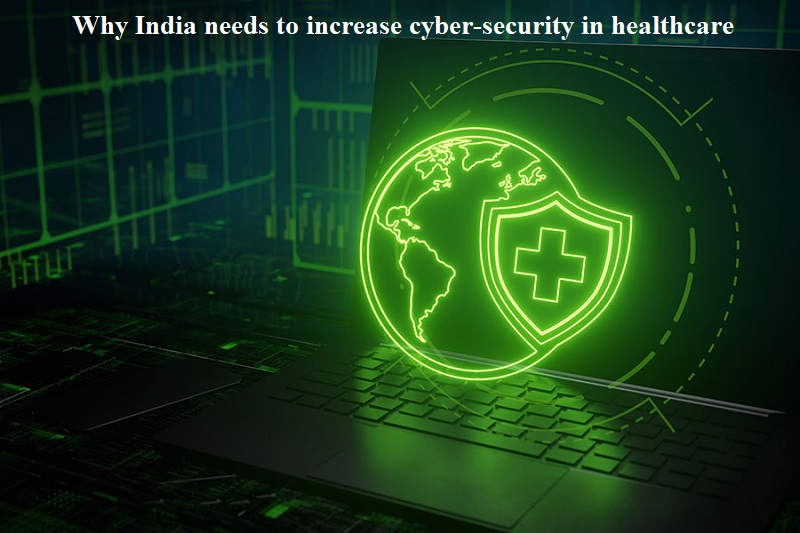
According to an analysis by Check Point Software Technologies, India has experienced an average of 1,787 cyber-attacks per week in organizations over the past six months, compared to the global average of 983. This high number of attacks raises concerns about India’s preparedness and ability to handle such incidents, especially in light of recent cyber-attacks on the All India Institute of Medical Science (AIIMS) in Delhi.
While AIIMS successfully thwarted the recent malware attack, questions remain regarding India’s vulnerability, vigilance, and level of digitalization. Dr. Ananth Prabhu G, a cyber law and security expert for Indian law enforcement agencies, explains that India’s large population and expanding internet user base make it an attractive target for cyber-criminals seeking financial gain or access to sensitive data. Additionally, India’s economic progress, digital modernization, and geopolitical prominence make it a prime target for attacks motivated by politics, espionage, or the disruption of critical infrastructure.
The healthcare sector in India is particularly targeted due to the immense value of health-related data. The digitization of medical data has made it more accessible, and the high-value information it contains, such as personally identifiable information (PII) and medical records, can be exploited for identity theft, fraudulent activities, or extortion. Healthcare organizations often have weaker cybersecurity measures compared to other industries, making them appealing targets for cyber-criminals. Outdated software, legacy systems, and inadequate investments in cybersecurity infrastructure further increase vulnerabilities.
The increasing digitalization in India has heightened the risk of cyber-attacks. As technology usage accelerates, the attack surface expands, and cybercriminals find more avenues to exploit weaknesses and cause harm. To address this issue, Dr. Prabhu G suggests enhancing collaboration between government agencies, private sector organizations, and cybersecurity experts. It is crucial to prioritize robust cybersecurity measures, education and training programs, adequate resources and investment, legislation and regulation, international cooperation, continuous monitoring, incident response capabilities, and cybersecurity awareness initiatives in critical sectors like healthcare.
Implementing the Digital India Act is seen as imperative to strengthen India’s cybersecurity system and protect against cyber threats. Despite the security measures in place, the ability of criminals to penetrate the system highlights the need for comprehensive and proactive approaches to safeguard the digital landscape and collective defense against cyber-criminals.

Post Your Comments